 From natural disasters to liability concerns, non-profit businesses in Hawaiʻi experience certain risks that business owners should be prepared to address. Nonprofits have specific needs that differ from those of commercial businesses, making it essential to work with insurance providers who understand the needs of operating a non-profit business in Hawaiʻi.
From natural disasters to liability concerns, non-profit businesses in Hawaiʻi experience certain risks that business owners should be prepared to address. Nonprofits have specific needs that differ from those of commercial businesses, making it essential to work with insurance providers who understand the needs of operating a non-profit business in Hawaiʻi.
We’ve put together a list of essential insurance policies to help non-profit businesses secure the right protection and maintain compliance in Hawaiʻi.
The Business Owner’s Policy
A Business Owner’s Policy (BOP) is the core of a well-rounded non-profit insurance package. A BOP usually includes three essential types of coverage: general liability, commercial property, and business interruption insurance. Each one offers key protections against common challenges faced by non-profits.
General Liability Insurance
In non-profit organizations, general liability insurance helps cover claims involving bodily injury and property damage. This is essential coverage for any non-profit business, especially those that host events, including:
- Fundraisers
- Galas
- Concerts
- Meetings
- Classes
- Retreats
- Auctions
- Charity walks
- Volunteer activities
Without enough coverage, these events can result in costly claims related to medical expenses, bodily injuries, property damage, and more. General liability insurance financially protects non-profit businesses by paying for covered liabilities. This coverage is often a requirement to rent venues and hold non-profit events in Hawaiʻi.
Commercial Property Insurance
Commercial property insurance protects physical assets, including buildings and property. In Hawaiʻi, many commercial properties are located near the coast. This exposes them to more risks of damage caused by erosion, storm surges, and windstorm activity than inland businesses.
Commercial property insurance covers buildings, properties, and other physical assets such as outdoor signs, equipment, inventory, fencing, furniture, and landscaping. Policies should be customized for the property needs and risk profile of each non-profit.
 Year-round protection for physical assets is provided through commercial property insurance, even for seasonal businesses. Non-profit organizations that move physical assets between seasons can customize commercial property insurance to their changing risk needs.
Year-round protection for physical assets is provided through commercial property insurance, even for seasonal businesses. Non-profit organizations that move physical assets between seasons can customize commercial property insurance to their changing risk needs.
Business Interruption Insurance
Temporary closures result from unexpected events, including theft, fire, weather, or government mandates. These closures result in lost income, even for non-profits, due to ongoing bills, rent, utilities, payroll, and other expenses. Business interruption insurance covers these losses when related to temporary business closures.
The amount of business interruption insurance a non-profit organization needs depends on several factors. These include the projected costs of moving or relocating the business in the event of a disaster, employee costs, and general inflation rates during the closure. Business interruption insurance allows non-profits to maintain financial stability even during unexpected disruptions.
Essential Insurance Coverage Every Business Needs
If the BOP is the core, the following policies are what complete the coverage:
- Directors & Officers Insurance: D&O insurance protects high-level executives from personal liability claims resulting from employment disputes, non-compliance, or mismanagement. In a non-profit organization, this policy should not be overlooked.
- Workers’ Compensation Insurance: Workers’ compensation coverage is essential for any non-profit that staffs paid employees and is often required for regulatory compliance. It provides wage and medical benefits to workers for work-related injuries or the costs of a temporary closure. Some workers’ comp policies extend to volunteer benefits as well. In Hawaiʻi, this policy is a requirement for most employers.
- Cyber Liability Insurance: Non-profit organizations must protect their donors’ valuable financial information. Data breaches, fraud, and hacking pose a liability risk for any business that accepts electronic payments or stores financial records. This coverage pays for legal fees and reputation management costs associated with Hawaiʻi’s required notice of a breach.
- Non-profit Insurance is an umbrella term for multiple policies that benefit non-profit organizations. These policies should be customized for the needs and risk tolerances of the business.
Atlas Insurance Provides Coverage for Non-Profits in Hawaiʻi
 Non-profit organizations experience distinct risks during environmental events and high tourism rates. Hosting large events, staffing volunteer workers, and accepting large donations means their liability coverage needs differ from those of for-profit businesses. Customizable general liability, commercial property, and business interruption coverage is essential. Additional coverage types, such as cyber liability and D&O policies, should be considered based on the business’s risk profile.
Non-profit organizations experience distinct risks during environmental events and high tourism rates. Hosting large events, staffing volunteer workers, and accepting large donations means their liability coverage needs differ from those of for-profit businesses. Customizable general liability, commercial property, and business interruption coverage is essential. Additional coverage types, such as cyber liability and D&O policies, should be considered based on the business’s risk profile.
At Atlas Insurance, our experienced team of local insurance experts helps non-profit organizations in Hawaiʻi connect with customizable non-profit insurance to match their budgets and needs. Contact our team today to learn how your non-profit organization can protect its workers, donors, and property from common liabilities, seasonal and year-round.
